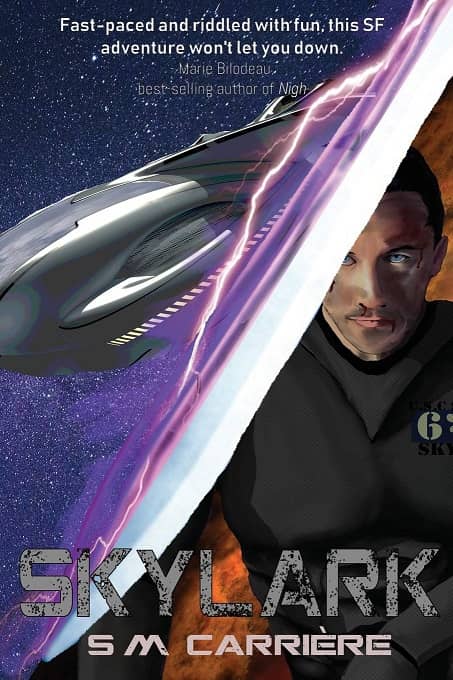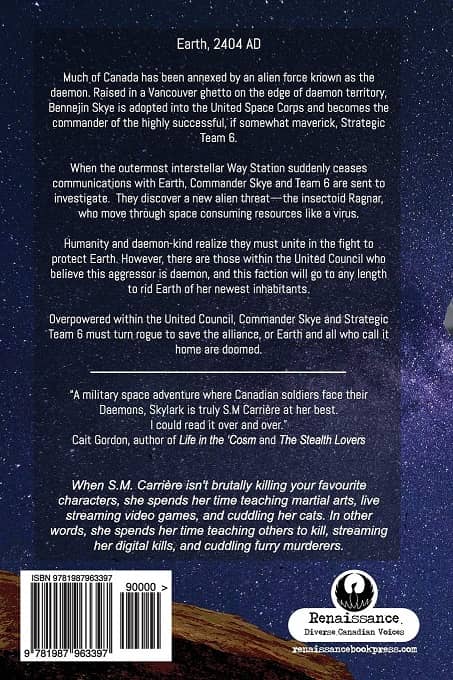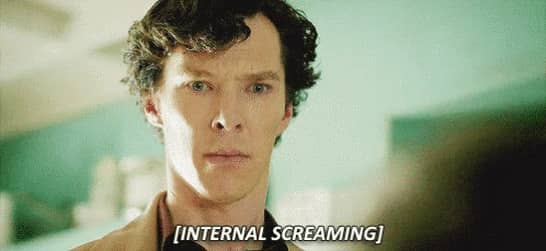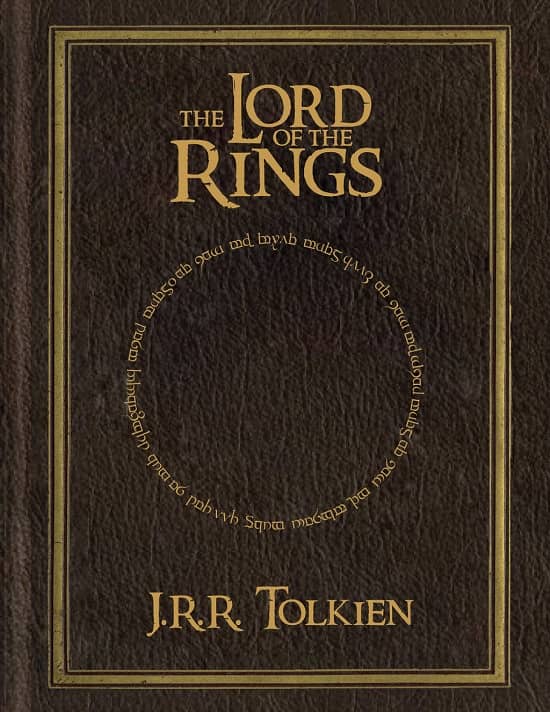That Horrid Question
INT. SMALL CONVENTION ROOM – EARLY EVENING
A young AUTHOR, new to pitching, steps cautiously into the room clutching a binder full of papers to their chest. An EDITOR for a well-regarded publisher sits at a table with an empty chair opposite. The EDITOR smiles at the AUTHOR and beckons them to the chair. So nervous they’re shaking, the AUTHOR sits down.
AUTHOR
Thanks so much for seeing me. I really appreciate it.
EDITOR
My pleasure. So what have you got for me today.
AUTHOR
Well, it’s a [insert genre of choice]. The audience is quite adult. I think. I’m not sure. The young adult/adult distinction is not something I’m all that familiar with.
EDITOR
All right. So, what’s it about?
AUTHOR
Well, uh, it follows [character] and their team of [insert any kind of unit you like, knights? Rangers? Robot Space Marines?] and they —
EDITOR
(interrupting)
No, that’s what happens. That’s the plot. I want to know what the book is about. What is the theme?
AUTHOR
[Click the images for pitch-sized versions.]
Any writer who has done some pitching has probably come across this scenario. Goodness knows, I have. I despise pitching, personally. I find it difficult to sell myself and my work. I’m not especially outgoing and can be downright shy and awkward around people I don’t know. The pitching process is hard for me (for many, I’d wager). I hate the whole thing, and there is nothing I hate more than that question:
But what is the book about, really?
Listen, I’m not saying that it’s a terrible question that should not be asked. It’s a perfectly valid question.
Still, I find it a difficult one to answer. Sometimes the author doesn’t really have anything all that important to say. Perhaps they just wanted to tell a ripping good tale. Sometimes, the curtains are just blue.
What is bothersome about that question, too, is that it presupposes that theme should be central to a person’s writing over, even, plot or character development. I disagree with this, personally. I feel that writing suffers when characters or scenes are forced by the invisible hand of theme just as much as if they are boxed in by the invisible hand of plot necessity. If the only reason behind an action or character behavior is because the theme or plot required it, then the reason is not sound enough. Nine times out of ten, readers can tell. It’s quite the turn-off.
Also, I believe that authorial intent should only extend so far. I firmly believe that it’s up to the observer to draw meaning from any piece of art, writing included. It’s not all that unusual for two people reading the same piece of fiction getting different things out of it. Let’s scrutinize two works. One, extremely famous and gloriously complex, the other, written by some schmuck (*cough* me).
What is the theme of this work? Ask a hundred different people and you might fine just as many different answers. Perhaps it’s that even the smallest, most humble folk could become heroes. Perhaps the theme is that the true hero isn’t always the one tasked with the greatest chore (looking at you, Samwise Gamgee, you beautiful, pure cinnamon bun, you). Perhaps the theme is actually that in order to defeat evil, we must all, united across peoples, religions and regions, stand against it. Or perhaps it’s that hope is our greatest strength. Or perhaps it’s that even foul, evil-seeming creatures have their purpose and deserve compassion. Or perhaps it’s that good will triumph in the end. Or power is corrupting. Or… or… or. Pick one. They’re all correct.
Not one of these interpretations could be said to be well off the mark, and all of them could be well-argued.
Out of genuine curiosity, I am interested in what you feel is the theme. Do leave that in the comments.
 |
 |
Then there’s this book. It’s a science fiction about a unit commander who has to turn rogue to ally himself and his team with one group of aliens to save everyone, human or otherwise, from yet another group of aliens. But what is this book really about? I don’t have a flipping clue. I didn’t have a theme in mind when I wrote the thing. I just wrote it.
It might be that the theme is actually that doing the right thing is really, stupidly hard (which is why so few people seem to choose to do so). You’ll lose friends. People will turn on you. You could die. There will be pain. Or, perhaps the theme is that friendship is precious. Or that no one person is an island; even a hero relies heavily on, and could not do what was needed, without aid. Perhaps the theme that our enemies are of our own making, or that love is what carries us, or that xenophobia is not just stupid, but dangerous, or, or, or.
Which of these is the theme?
Pick one. They’re all correct. Or maybe they’re all wrong.
It’s really not up to me, either, what readers may glean from my work. Or any work. Simply because the theme someone else latched on to differs from the one I found most glaring, it doesn’t make either of us correct or incorrect.
Again, asking what it is that lies behind the plot points of a book is not a terrible question to ask, and it would behoove the author to consider what might be beneath the text (even if only for the purposes of pitching). It’s a great mental exercise. I do, however, feel that asking the author this question might be missing the point of art just a teensy little bit.
This is a question for the readers.
Thanks for letting me rant.
When S.M. Carrière isn’t brutally killing your favorite characters, she spends her time teaching martial arts, live streaming video games, and cuddling her cats. In other words, she spends her time teaching others to kill, streaming her digital kills, and cuddling furry murderers. Her most recent titles include ‘Daughters of Britain’ and ‘Skylark.’
https://www.smcarriere.com/



What is LOTR “about?” I think it’s about the fatatlity of believing that anything in the world can be used purely as an “instrument,” the trap of thinking that power and its effects can somehow be quarantined from the person who wields that power.
But that theme didn’t come first, I don’t believe. I think the first thing was Tolkien’s love of the created world, a love so deep he had to create one of his own. In all of the great ones, theme doesn’t dictate creation, but is just a natural expression of who the creator is, like fruit is a natural expression of the tree that bears it.
That ought to be worth a b minus…
C’mon. B+ at least.
To me LoTR was always about friendship/fraternity/brotherhood. Its even in title of the first book. Women have their unique bonds to thier children, I think men have something just as powerful in thier bonds to each other. I thought thats what Tolkien captured in his books more than anything else.
I think friendship is incredibly powerful, no matter the genders involved, and has long been sidelined for love of the romantic variety. I’d like to see that changed, myself.
Pitching is so nervewracking. My worst pitching moment was when I’d had to request agents on an event’s pitch “speed-dating” roster before hearing the agents’ introductions, in which they named what they never wanted to see again. One of the agents I’d requested, of course, was allergic to any manuscript longer than 100K. Yeah, shorter’s usually better in the current market, but usually going a little over 100K doesn’t automatically get a hard pass from most industry people. Of course, my manuscript was a big fat fantasy novel. I’d done my research on the agents’ websites, Googled around for interviews they’d done on blogs, marked up all the deal announcements in Locus for months, all that stuff, and never seen any indication of her hard cut-off. It wasn’t a big deal, since I still had six other pitch appointments at that event.
So, when my turn came up for her, I said something like, “My manuscript’s longer than your hard cut-off, and I don’t want to take up your time for a match that wouldn’t serve either of us. So I’m just going to say thank you for coming to events like this and giving new writers a chance.” And I figured that would be that.
But she insisted on hearing my pitch, just in case she liked it. Then, every few words, she’d interrupt me to say, “You know, your book is really longer than I want to see.” Yes, I know, you mentioned, I mentioned, you asked to hear it anyhow. I lost count of how many times she interrupted to say that again.
There are a lot of agents who have declined to represent me whom I still recommend other writers check out, because although they weren’t for me, they seemed professional and kind and might be a good fit for others. I won’t name that agent, but I’ve never recommended her.
Ho boy, that sounds stressful. Pitching is really the worst.
> I think men have something just as powerful in thier bonds to each other. I
> thought thats what Tolkien captured in his books more than anything else.
Evan,
Have you seen the trailer for the upcoming film Tolkien? I’m very curious to see if it hits the notes of his life that many believe were the source of the themes of loss in LOTR, especially his time as a solider in WWI.
https://www.youtube.com/watch?v=Girzu81oS8Q
OMG, I am so excited to see that film.
Thanks for the link John.
I know the broad stokes of his life and the WWI stuff sounds heartbreaking. Maybe thats why I was put off when I heard they were making a movie about his life. The trailers look good though so maybe I was worried for nothing.
Good piece. I agree that people often force their themes. I also think that readers and critics often choose to talk about the themes and qualities that flatter themselves the most rather than the ones that really moved them.